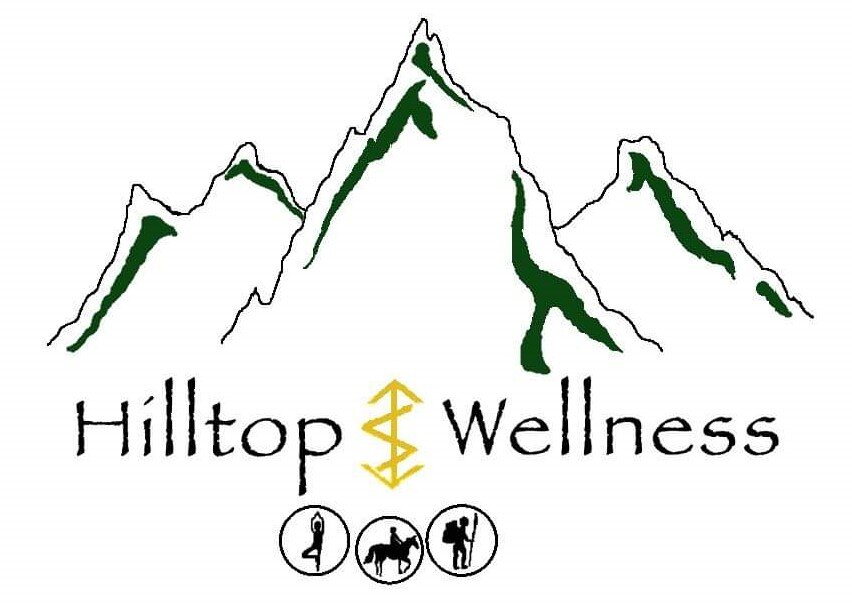Great Listening
How to set the stage for better conversations and find understanding
As a counselor, I think about and engage in connected communication at least 14 of the 24 hours in a day. As I prepare to do a workshop on communication, I have been reflecting on What is effective communication? Why is it so important? Is communication simply to get our needs met? And how do we define communication as being effective?
Communication is the exchange of ideas, thoughts, opinions, knowledge etc. to the point where the information is understood and received with clarity and purpose.
One thing I like about this definition of communication is the word understanding. My own belief and what I stress is the need to seek understanding from others. We often engage in conversations seeking to act, defend or rebut however, communication is about understanding. Setting aside our own agenda to take information in. This does not mean our agenda, thoughts, needs, wants and feelings do not matter, they very much do and they very much also need to be communicated. However, we are unable to assimilate new ideas and perspectives into our viewpoints if we do not take in and add information to our own perspectives.
How often do we leave a conversation feeling completely misunderstood and not heard or we leave a conversation with little clarity on what the other person was exactly meaning? I often hear listening is the most difficult part of communication. Training and counseling often focus on the skill of how to communicate our wants and needs in a clear manner but miss teaching us how to listen beyond making sure to validate and reflect. I have heard many complaints about how this feels fake and insincere saying it and receiving it.
Here are the 5 tools I use to help with more effective listening.
Take notes when in conversation
I find taking notes to be helpful. Write down key points about what the other person is saying so you can reflect back. I know that might sound strange, however, consider other areas where we are seeking to learn and understand such as in school, we take notes so why not do so to assist with understanding during communication? I utilize this and have found couples who utilize this method also do better.
2. Change your mindset around Right and Wrong
Keep things in perspective, remember when listening to another person you are just hearing another person’s perspective. There is no right or wrong, there is only perspective! Starting to become defensive means you are stepping into a right or wrong view and not a perspective taking view.
3. Ask what you can learn
Remain curious, after all this is a time of learning about a person, feeling, or situation. Staying curious helps us engage in the seeking of knowledge and understanding. Tap into the little scientist we are at 2 or 3. Think about, “what makes this person tik”, “what brings them to this place”, or “how can this enrich my understanding”.
4. What are they saying truly?
Be interested enough to read between the lines. Don’t just hear what they are saying but how they are saying it. What is the body language and are there underlying feelings you can detect and check in with them about.
5. Be present and authentic in communication
I have found power in telling others what feeling is coming up for me around an issue. You being authentic is stating your truth and asking for needs such as, “this is bringing up fear for me and I need a minute” this allows the other party to know where you are at. This does not give permission to check out and not continue the conversation but a moment to regulate and then reengage fully. Staying regulated is key because when we start to feel emotionally dysregulated, we are no longer able to do the 4 other skills listed above.
Utilizing these skills helps me both in my personal life and practice to engage fully and allow others and myself to be seen, heard and understood.

